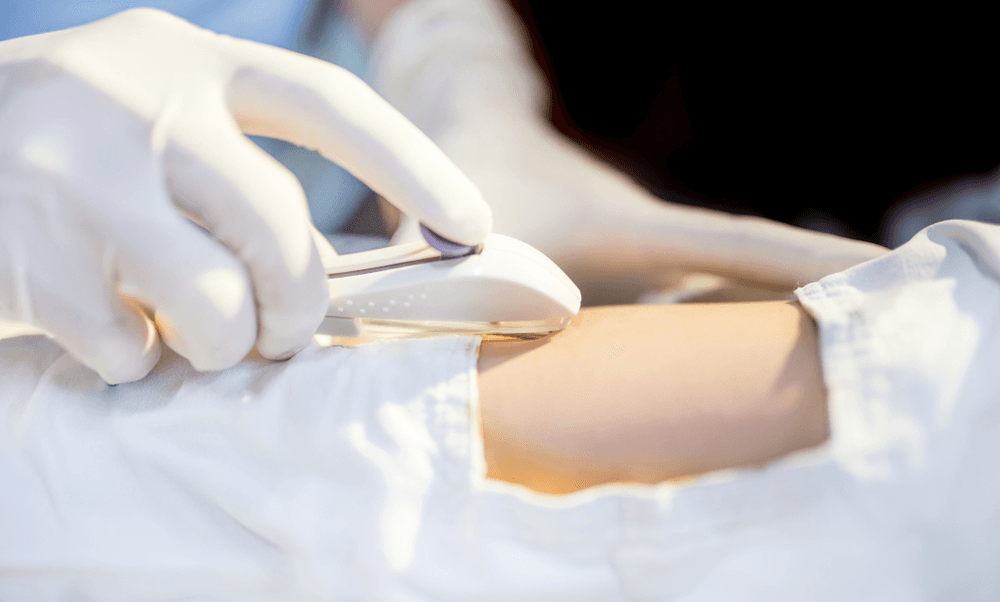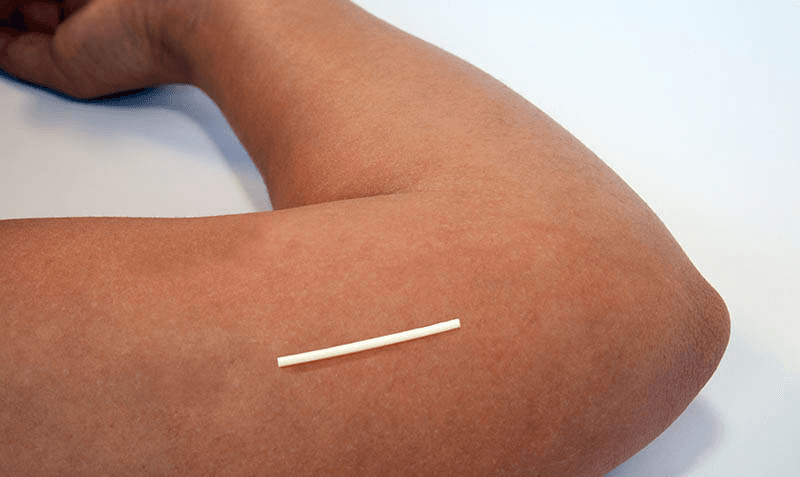Symptoms After Nexplanon Removal
Nexplanon, a hormonal birth control implant, is a reliable and convenient option for many women. However, when it's time for removal, you might experience some changes in your body. Here, we delve into the various symptoms you might encounter after Nexplanon removal, empowering you with knowledge and navigating your post-removal experience.

Not Always Unpleasant: A Spectrum of Effects
The symptoms you experience after Nexplanon removal can vary from woman to woman. Some might experience minimal changes, while others might have more noticeable effects. Here's a breakdown of potential symptoms:
- Bleeding: Irregular bleeding patterns are common after Nexplanon removal. You might experience spotting, breakthrough bleeding, or even heavier periods than you had before using Nexplanon. This is because your body is readjusting to its natural hormonal cycle. These changes typically normalize within a few months.
- Return of Fertility: One of the biggest changes is the return of fertility. Nexplanon prevents pregnancy by releasing hormones that suppress ovulation. Once the implant is removed, ovulation can resume within a few weeks, and you can become pregnant again.
- Mood Swings: Hormonal fluctuations after removal can sometimes lead to mood swings, irritability, or anxiety. These symptoms are usually temporary and should subside as your body adjusts.
- Breast Tenderness: Similar to premenstrual symptoms, you might experience breast tenderness or breast swelling after Nexplanon removal. This is due to hormonal changes and typically goes away within a few days or weeks.
- Acne Breakouts: Some women experience acne breakouts after Nexplanon removal. This is because Nexplanon can help regulate oil production in the skin, and its removal can lead to temporary changes in oil levels.
- Headaches: Headaches are a common side effect of hormonal changes, and you might experience them after Nexplanon removal. These headaches are usually temporary and can be managed with over-the-counter pain relievers.

Beyond the Basics: Less Frequent Symptoms
While less frequent, some other symptoms women might experience after Nexplanon removal include:
- Weight Fluctuations: Hormonal changes can sometimes affect appetite or metabolism, leading to weight fluctuations. Maintaining a healthy diet and regular exercise can help manage your weight after removal.
- Decreased Libido: Some women might experience a temporary decrease in libido after Nexplanon removal. This is usually related to hormonal adjustments and should improve within a few months.
- Fatigue: Fatigue can sometimes occur as your body adjusts to the absence of Nexplanon's hormones. Getting enough sleep and maintaining a healthy diet can help combat fatigue.
It's Important to Note: The severity and duration of these symptoms can vary depending on your individual body and how long you used Nexplanon. Most symptoms are temporary and resolve on their own within a few months. However, if you experience any concerning symptoms or if your symptoms persist for a long time, it's crucial to consult your healthcare provider.
Knowledge is Power: Preparing for Removal
Talking to your doctor beforehand about potential post-removal symptoms can help you feel prepared and manage expectations. Here are some additional tips:
- Discuss Your Plans: Let your doctor know if you plan on switching to another form of birth control or if you're trying to conceive after Nexplanon removal.
- Pain Management: Ask your doctor about pain management options for the removal procedure itself and any potential post-removal soreness.
- Consider a Support System: Having a supportive partner or friend can be helpful as your body adjusts to the hormonal changes after removal.
Remember: Nexplanon removal marks a transition for your body. By understanding the potential symptoms and taking proactive steps, you can navigate this change smoothly and confidently.